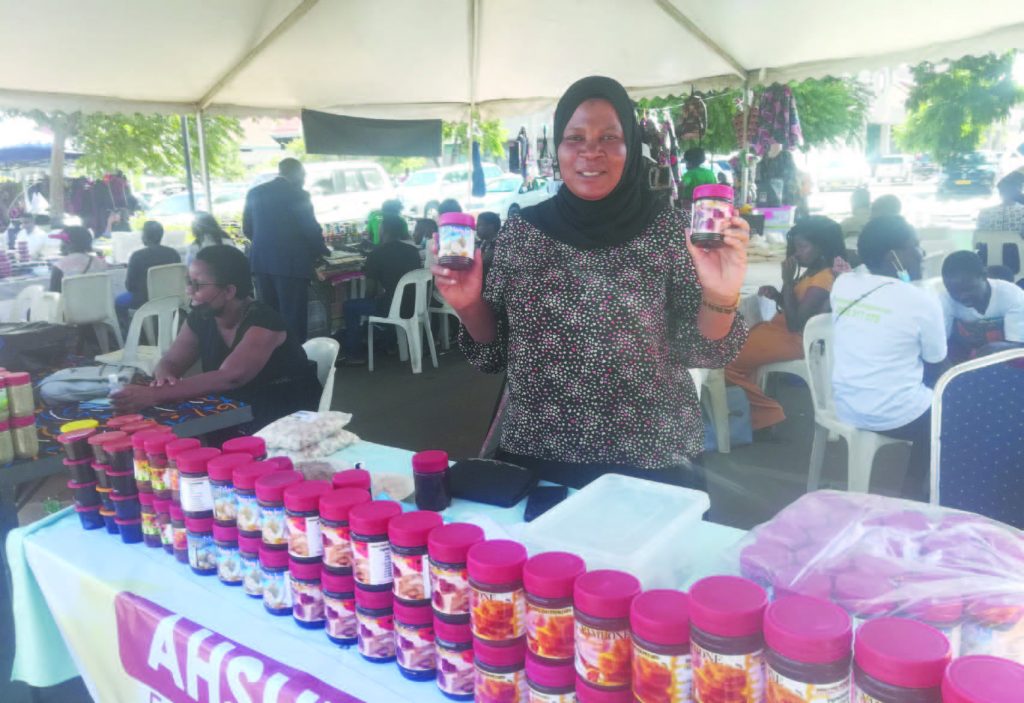SMES tipped on price, quality
Ministry of Industry says pricing and quality of local products are key to achieving the Buy Malawi Strategy and import substitution.
The ministry’s director of small and medium enterprises and registrar of cooperative societies Wiskies Nkombezi said this on Friday on the sidelines of a day-long Small and Medium Enterprises (SMEs)-Buyer Market Day at Game Complex in Lilongwe.

He argued that for a consumer to decide to buy a product, pricing and quality are primary issues.
Nkombezi said consumers will not just buy anything local because there is the Buy Malawi campaign, but such minimum standards are key.
He said: “When we talk about industrialisation, we implement it either through foreign direct investment or by building up small and medium enterprises on a bottom up approach so that they can also industrialise by ensuring their productive capacity is improved.
“The biggest issue that consumers are looking at is price. They want to buy these products at a competitive price which they can afford.”
Nkombezi said producers must use better technologies, cost-cutting measures and other strategies to ensure products are of better quality with competitive prices because the market is a battlefield for competition.
Small and Medium Enterprises Development Institute chief executive officer Roderick Chattaika said through the exhibition, SMEs share knowledge, learn from each other on production issues and build market base.
He said they have inadequate resources to train more SMEs on value addition to ensure the production of high quality products that could contribute to the import substitution, a trade and economic policy that advocates replacing foreign imports with domestic production.
“We have seen donors mostly targeting private business development services, such as privately owned institutions that are providing services such as those from Smedi, but the first point of contact should be us because we can do so much better,” Chattaika said.
Susan Mzunga, one of the SMEs from Monkey Bay in Mangochi and owner of Ahisulu Food Enterprises, said lack of capital is a major challenge for them as SMEs to manage procurement of desired equipment to produce high quality products and penetrate the market.
She bemoaned the impact of Covid-19 which has slowed down the business.
Earlier, Minister of Trade Sosten Gwengwe said his ministry is pondering on introducing the Buy Malawi Strategy law if retail outlets do not voluntarily adhere to calls to buy, stock and sell local products.
The law, which is being considered as an option, will mandate retailers to buy, stock and sell local products with the exception of products that may not be adequately produced locally.
Gwengwe said if local retail outlets fail to buy into government’s policy in championing Buy Malawi Strategy, the ministry will be left with no choice but to introduce the Buy Malawi Strategy legislation.
“I have seen some uptake of local products and procurement. Government is leading in procuring local products through the SME Order and we hope all companies will emulate,” he said.
Gwengwe said government is using the Control of Goods Act to limit imports of goods that are adequately locally produced to protect local manufacturers.
There have been concerns about the widening trade deficit with imports outweighing exports, a development which compelled government to promote Buy Malawi Strategy to ensure import substitution.





